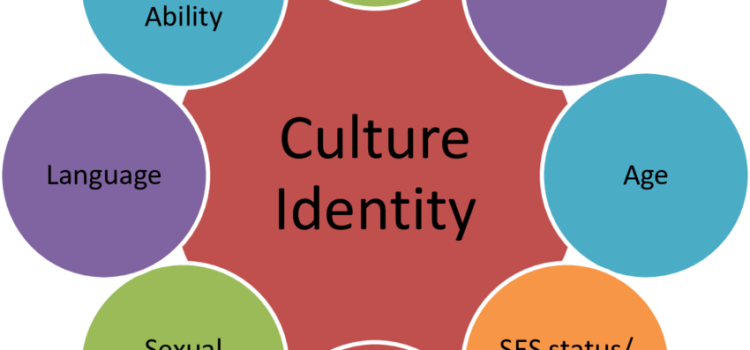
Understanding Cultural Awareness in Juvenile Justice
In the realm of juvenile law, the significance of cultural awareness cannot be overstated. As societies become more diverse, it becomes imperative for legal professionals to navigate the complex intersection of cultural nuances and the justice system. delves into the profound importance of cultural awareness in juvenile justice, exploring its impact on outcomes, fair treatment, Cultural Awareness a Crucial Imperative in Juvenile Justice and the overall well-being of young individuals within the legal system.
Before delving into the intricacies, it is crucial to grasp the concept of cultural awareness. It extends beyond mere acknowledgment of cultural differences; instead, it involves a deep understanding of the values, beliefs, and practices that shape a particular community. In the context of juvenile justice, this understanding becomes a powerful tool for creating an equitable and just legal system.
The Diversity Quotient in Juvenile Offenders
Juvenile offenders come from a myriad of backgrounds, each influenced by unique cultural factors. Recognizing and appreciating this diversity is the first step towards establishing a fair and effective juvenile justice system. From urban to rural, immigrant to native-born, Temples in Myanmar’s Golden Sun cultural backgrounds play a pivotal role in shaping the experiences and perspectives of young individuals entangled in legal proceedings.

Cultural Awareness a Crucial Imperative in Juvenile Justice
The legal system’s core tenet is to provide fair and just treatment to all individuals, regardless of their background. However, without a keen awareness of cultural nuances, achieving true fairness becomes a challenging endeavor. Cultural Intelligence: Cultural awareness acts as a catalyst for dismantling biases and stereotypes, ensuring that juvenile offenders are treated with the individualized attention they deserve.
Cultural Competence in Legal Practice
To truly embody cultural awareness, legal professionals must strive for cultural competence. This involves not only understanding cultural differences but actively incorporating this knowledge into legal strategies and proceedings. From communication styles to alternative dispute resolution methods, cultural competence transforms the legal landscape, fostering an environment where justice is truly blind to cultural background.
The Impact of Cultural Awareness on Legal Outcomes
Studies have consistently shown that cultural awareness positively influences legal outcomes in juvenile cases. When legal professionals are attuned to the cultural context of the individuals they are serving, they are better equipped to make informed decisions. This, in turn, leads to more just and effective interventions, reducing the likelihood of recidivism and promoting rehabilitation.
Overcoming Cultural Barriers in Legal Communication
Communication is the bedrock of the legal system, and cultural differences can pose significant challenges in this regard. Understanding how cultural backgrounds influence communication styles allows legal professionals to bridge gaps, ensuring that juvenile offenders fully comprehend their rights, the legal process, and the potential consequences of their actions.
Cultural Awareness as a Preventive Measure
Beyond its impact on legal proceedings, cultural awareness serves as a powerful preventive measure. By addressing the root causes of juvenile delinquency through a culturally sensitive lens, communities and legal systems can work collaboratively to create environments that foster positive development and resilience in young individuals.

Challenges in Implementing Cultural Awareness in Juvenile Justice
While the benefits of cultural awareness are evident, implementing these practices in juvenile justice systems presents its own set of challenges. From resource constraints to resistance to change, legal professionals must navigate obstacles to truly integrate cultural awareness into their daily practices.
Conclusion:
In the evolving landscape of juvenile law, cultural awareness emerges as a fundamental pillar for creating a fair, just, and effective legal system. As we strive towards equal justice, recognizing the diversity of experiences within the juvenile justice system is not only a moral imperative but a practical necessity. By embracing cultural awareness, legal professionals contribute to a future where every young individual, regardless of their background, has the opportunity for rehabilitation, growth, and a chance at a brighter future.










